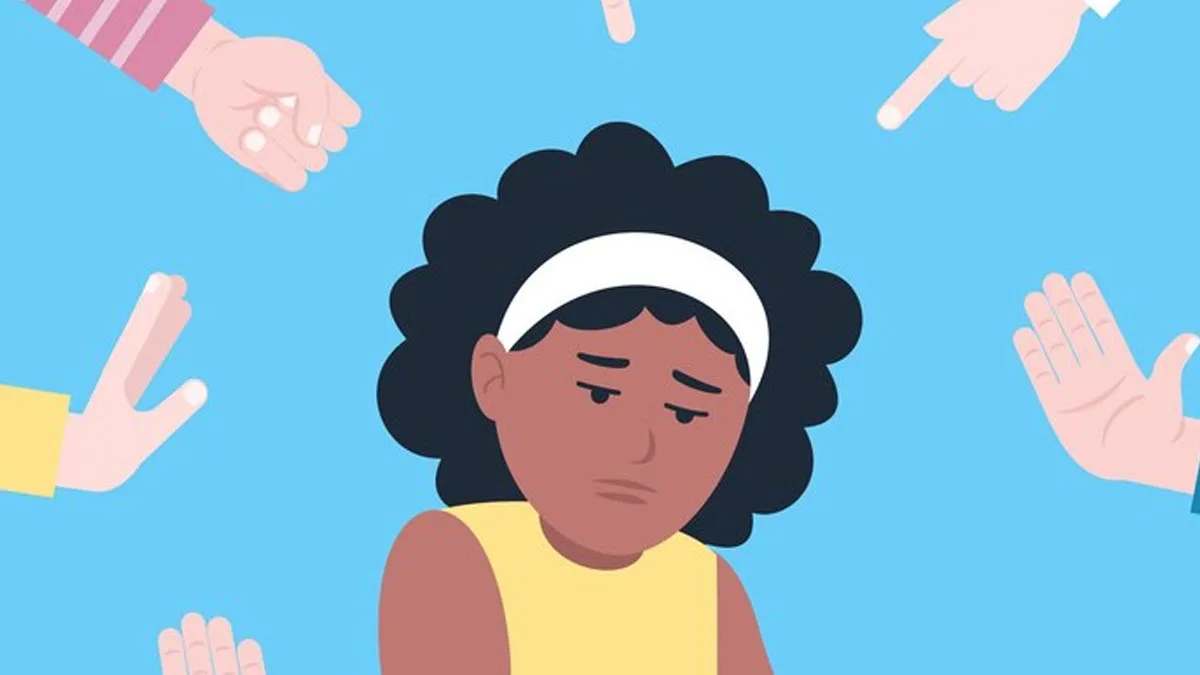The question of whether being racist is illegal in the United States is complex and touches upon the broader issues of free speech, civil rights, and anti-discrimination laws. The U.S. legal system balances the right to freedom of expression, as guaranteed by the First Amendment to the U.S. Constitution, with protections against discrimination and hate crimes. This article explores the legal frameworks surrounding racism and discrimination in the U.S.
Legal Framework
First Amendment Rights
The First Amendment of the U.S. Constitution protects freedom of speech, which includes the right to express opinions and beliefs, even if they are racist or discriminatory. However, this freedom is not absolute; there are legal boundaries, especially when speech incites violence, constitutes a hate crime, or falls under the category of “fighting words” or direct threats.
Civil Rights Laws
The U.S. has enacted several federal laws aimed at preventing and penalizing discriminatory practices based on race, color, religion, sex, or national origin. Key legislation includes:
- The Civil Rights Act of 1964: Prohibits discrimination in various sectors, including employment, education, voting, and the use of public facilities.
- The Fair Housing Act: Prohibits discrimination in the sale, rental, and financing of dwellings based on race, color, religion, sex, or national origin.
- The Equal Credit Opportunity Act: Prohibits creditors from discriminating against credit applicants based on race, color, religion, national origin, sex, marital status, age, or because all or part of the applicant’s income derives from any public assistance program.
Hate Crimes Legislation
Hate crimes laws in the U.S. address crimes motivated by bias against race, color, religion, national origin, sexual orientation, gender, gender identity, or disability. The Matthew Shepard and James Byrd Jr. Hate Crimes Prevention Act, enacted in 2009, is a significant federal law that expanded the definition of hate crimes and increased the powers of federal authorities to investigate and prosecute these offenses.
Application and Enforcement
While holding racist beliefs or expressing racist opinions is not in itself illegal due to First Amendment protections, acting on these beliefs through discriminatory practices or criminal behavior is illegal. Law enforcement and regulatory agencies, including the Department of Justice (DOJ) and the Equal Employment Opportunity Commission (EEOC), are responsible for investigating allegations of discrimination and hate crimes and enforcing the relevant laws.
Challenges in Enforcement
Enforcing laws against racism and discrimination often involves significant legal and evidentiary challenges. Demonstrating that an act was motivated by racial bias or that a policy has a discriminatory effect requires comprehensive evidence and legal argumentation. Furthermore, balancing the protection of civil rights with the First Amendment rights to free speech and expression remains a contentious and evolving area of law.
Conclusion
Being racist, in the sense of harboring or expressing racist thoughts or beliefs, is not illegal in the United States due to the protection of free speech under the First Amendment. However, engaging in discriminatory practices or committing crimes motivated by racial bias is illegal and subject to legal action. The U.S. legal system continues to evolve in its efforts to protect individuals from racism and discrimination while respecting constitutional rights.
References
- U.S. Constitution, Amendment I. https://www.archives.gov/founding-docs/bill-of-rights-transcript
- Civil Rights Act of 1964. https://www.eeoc.gov/statutes/title-vii-civil-rights-act-1964
- Fair Housing Act. https://www.hud.gov/program_offices/fair_housing_equal_opp/fair_housing_act_overview
- Equal Credit Opportunity Act. https://www.consumer.ftc.gov/articles/0347-your-equal-credit-opportunity-rights
- Matthew Shepard and James Byrd Jr. Hate Crimes Prevention Act. https://www.justice.gov/crt/matthew-shepard-and-james-byrd-jr-hate-crimes-prevention-act-2009-0









Leave a Reply